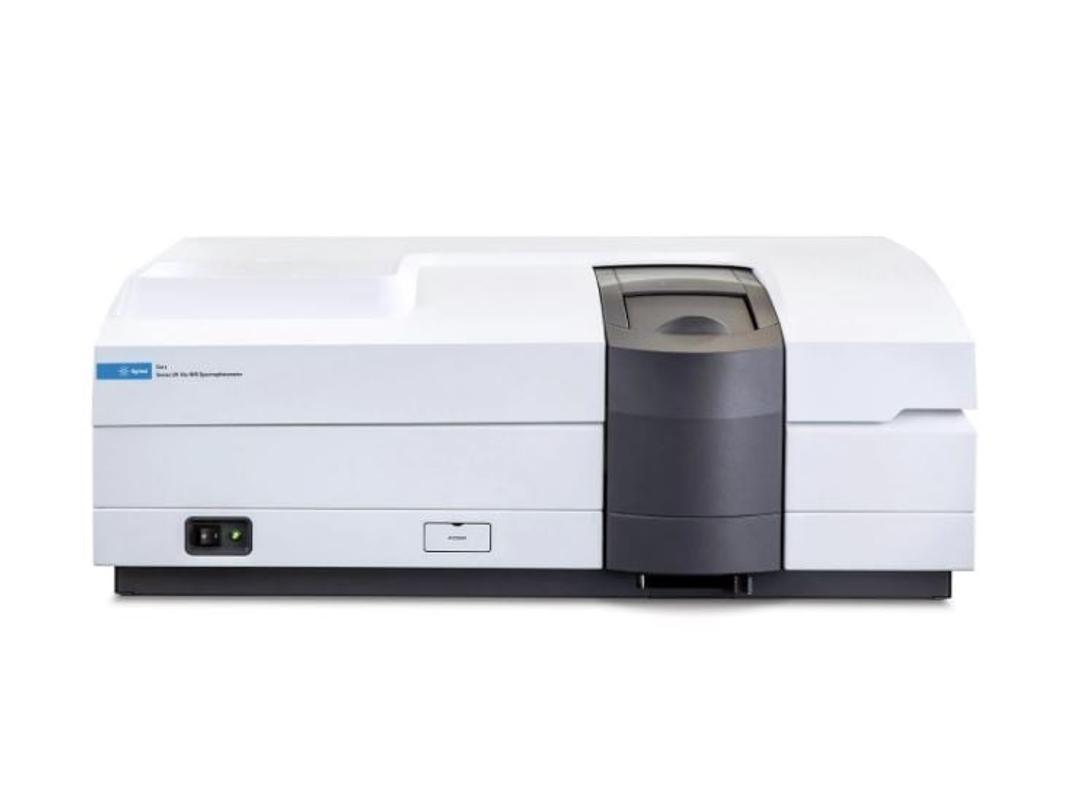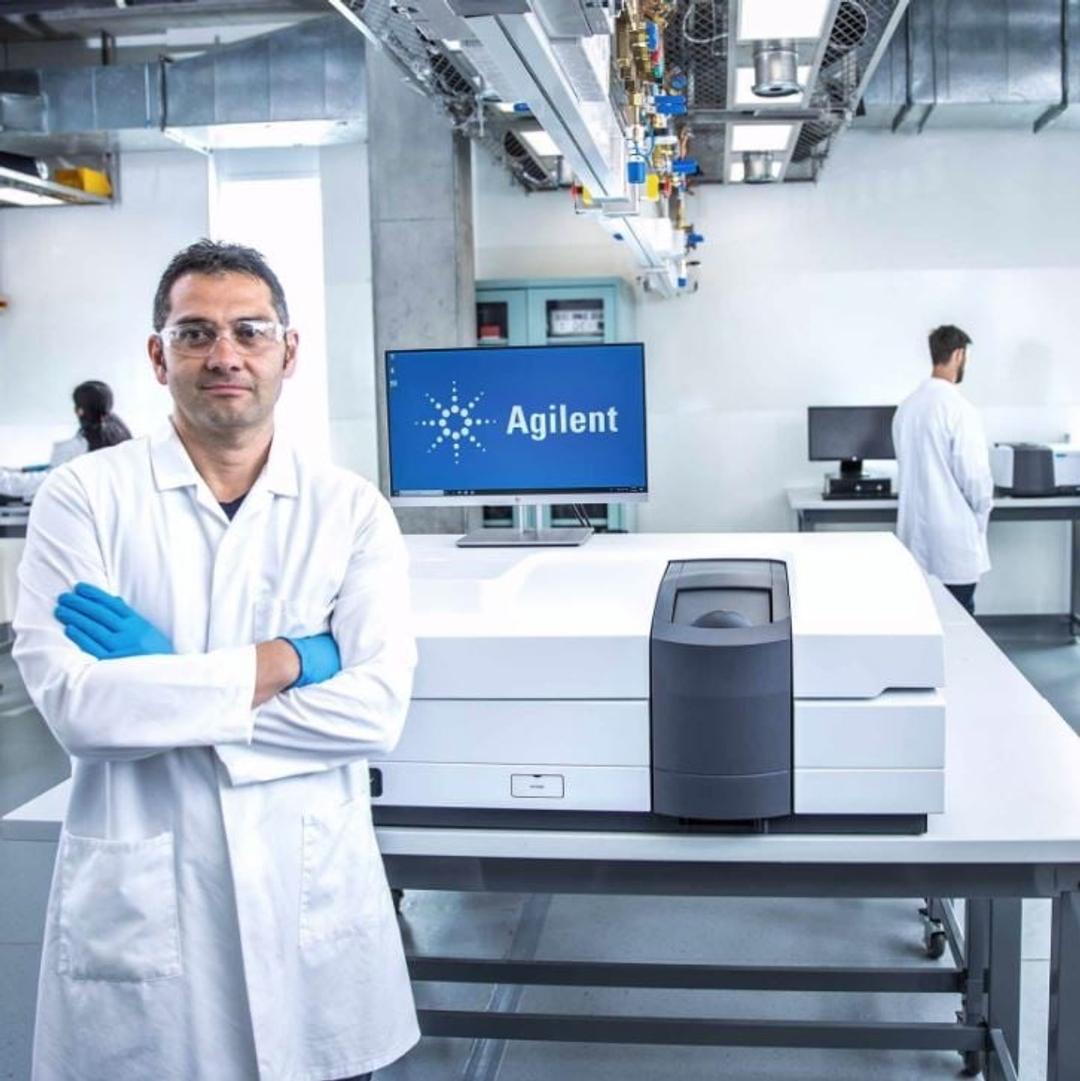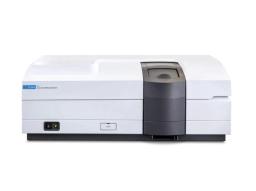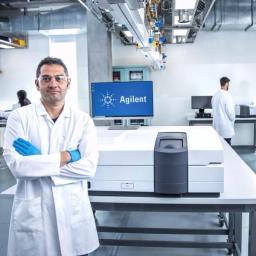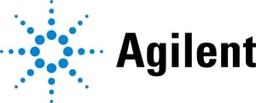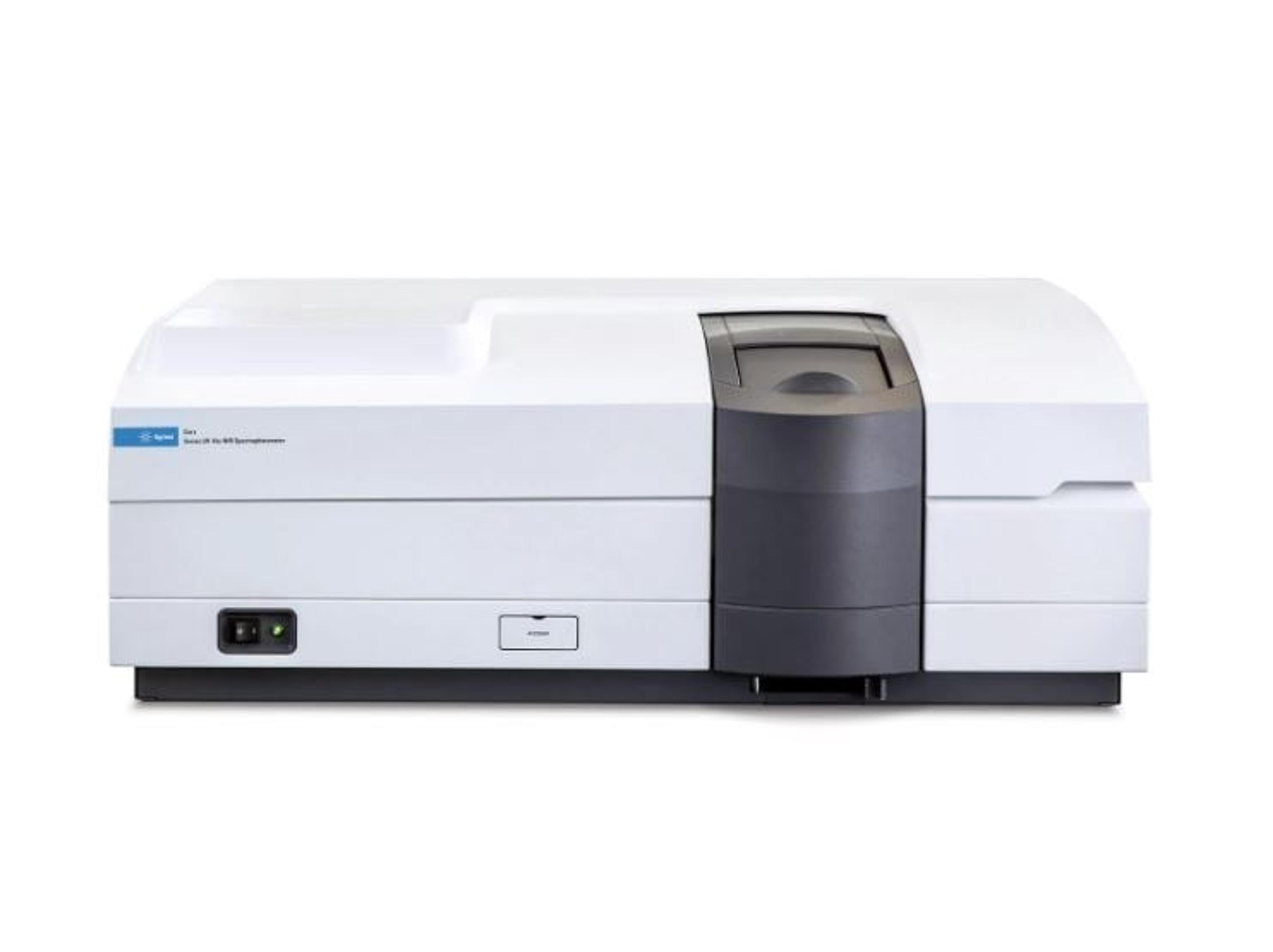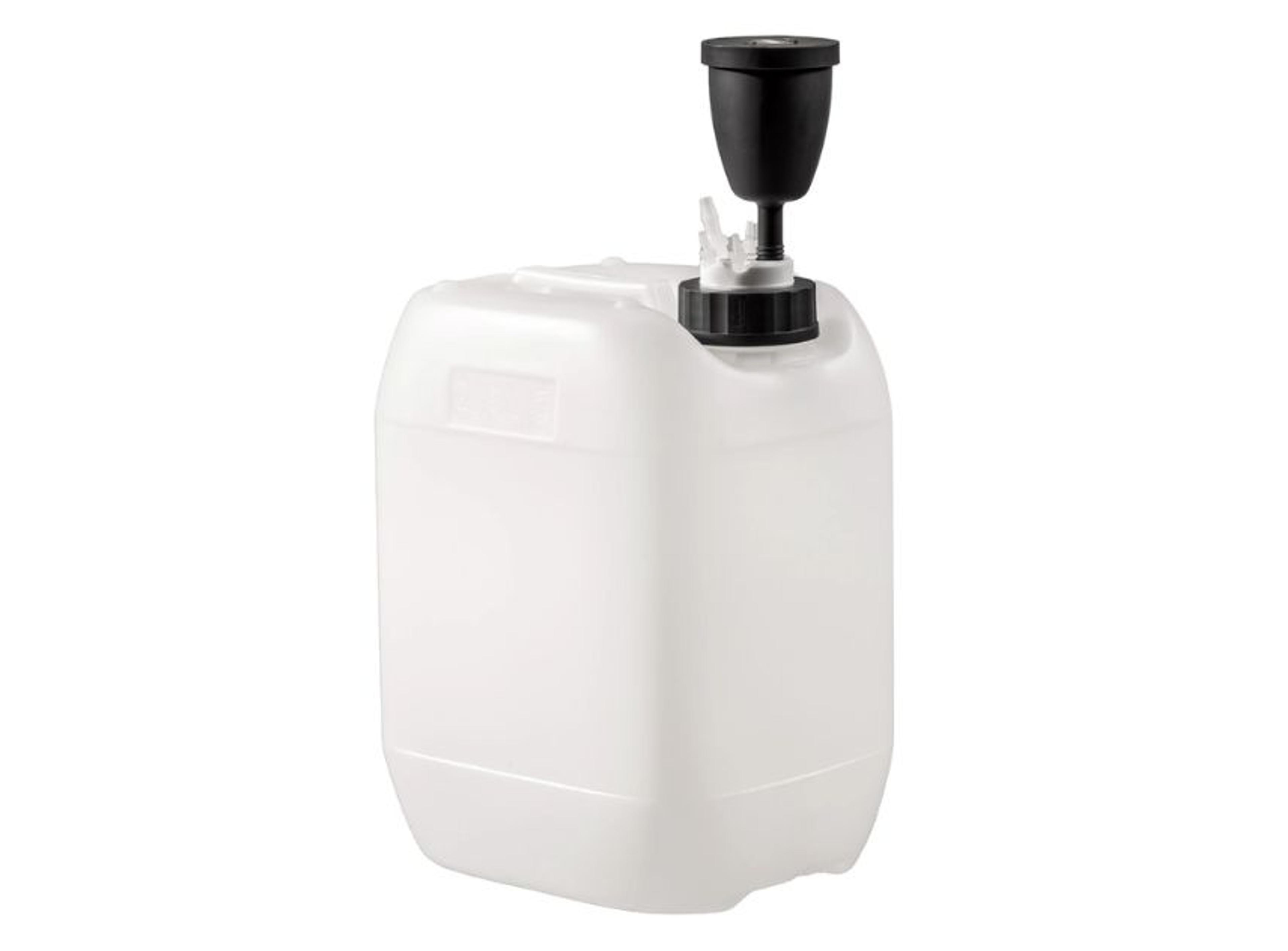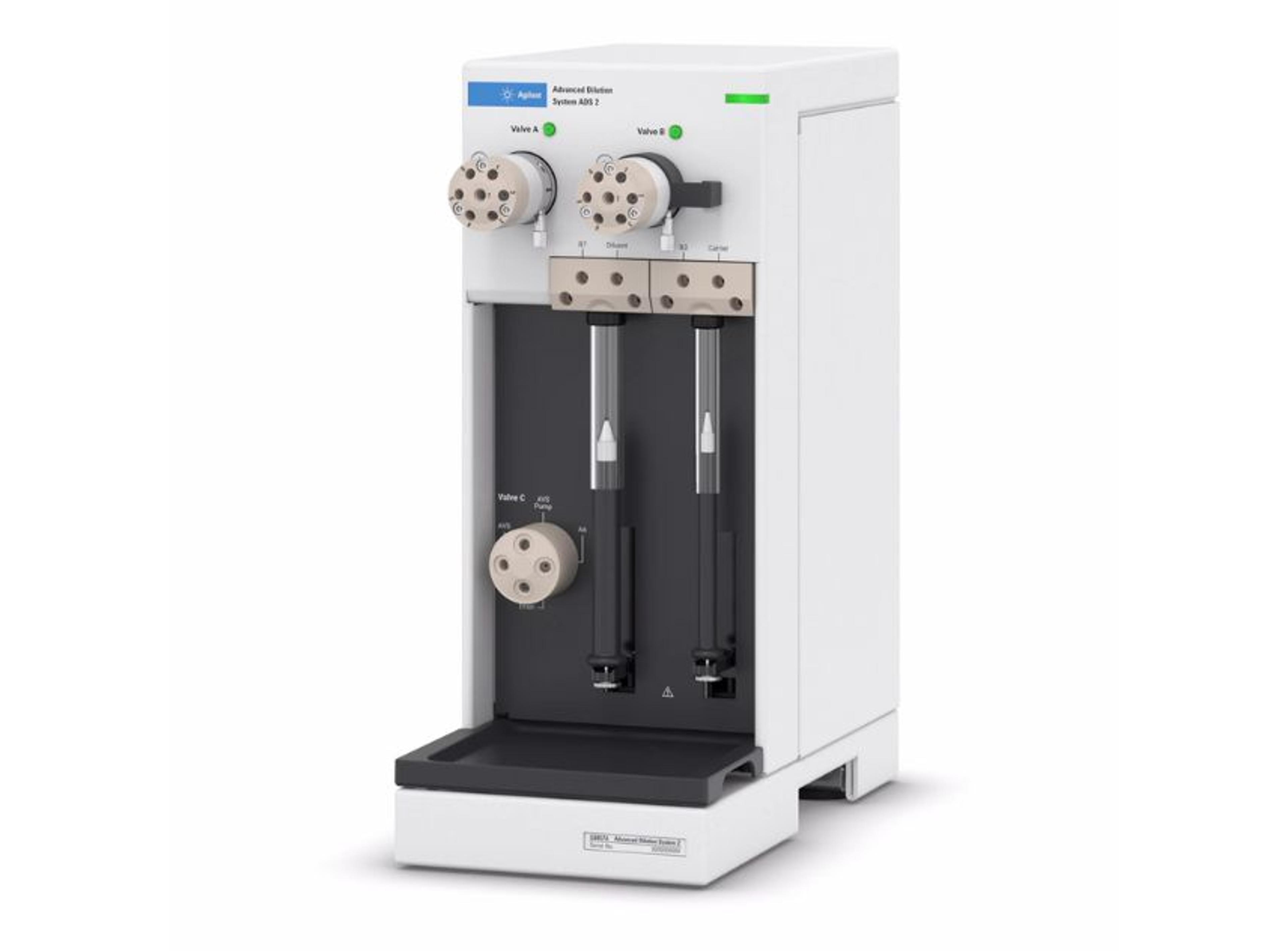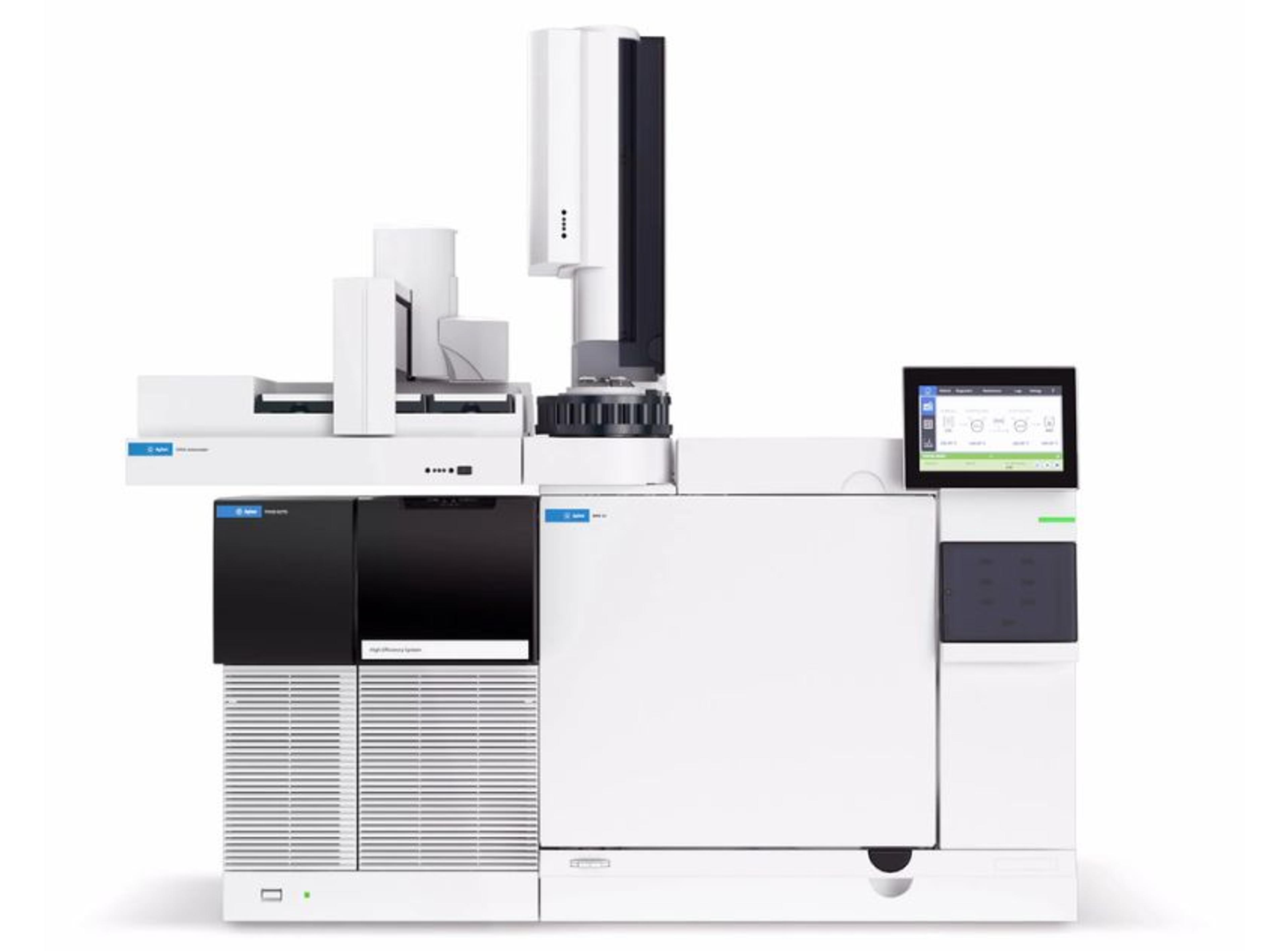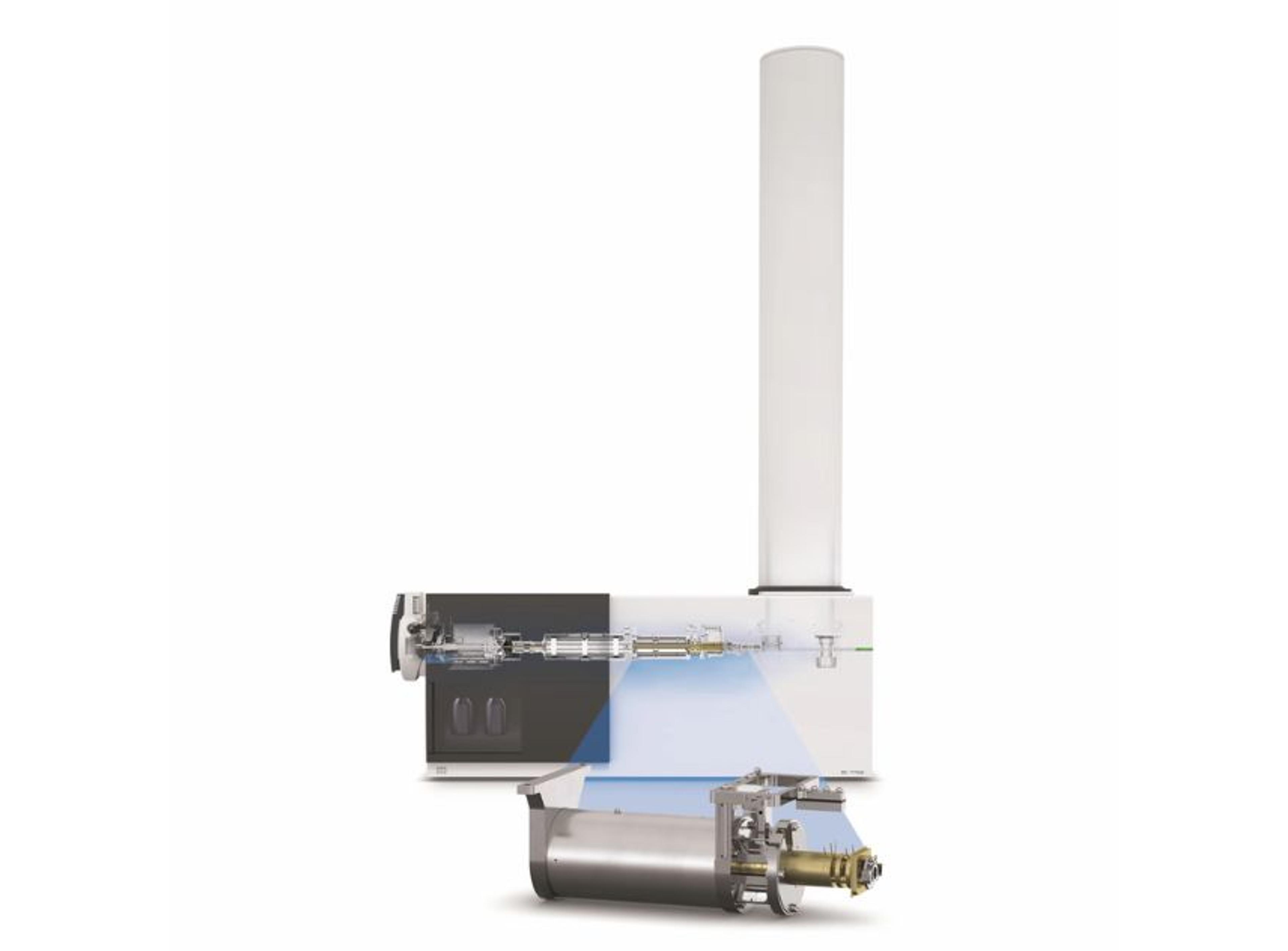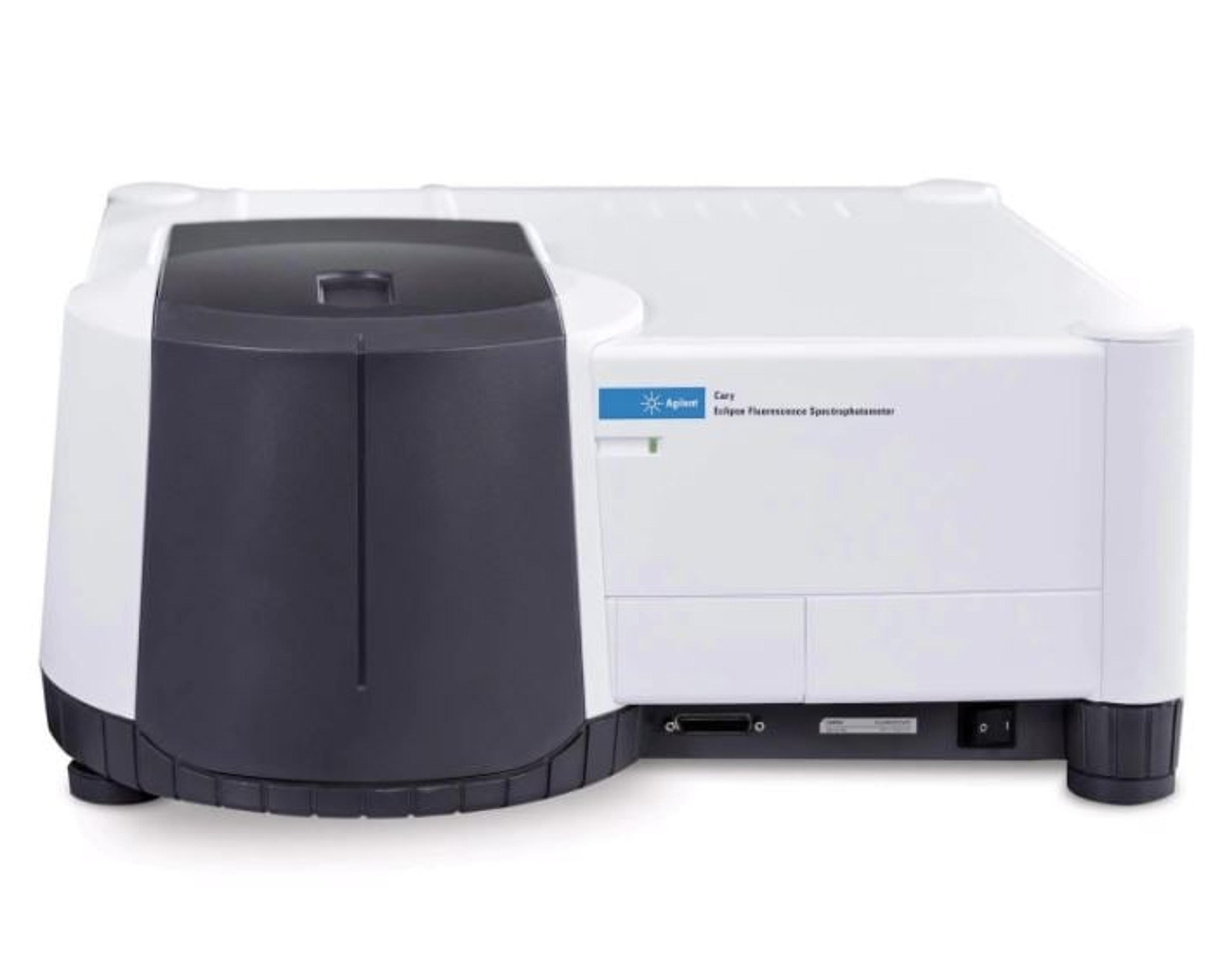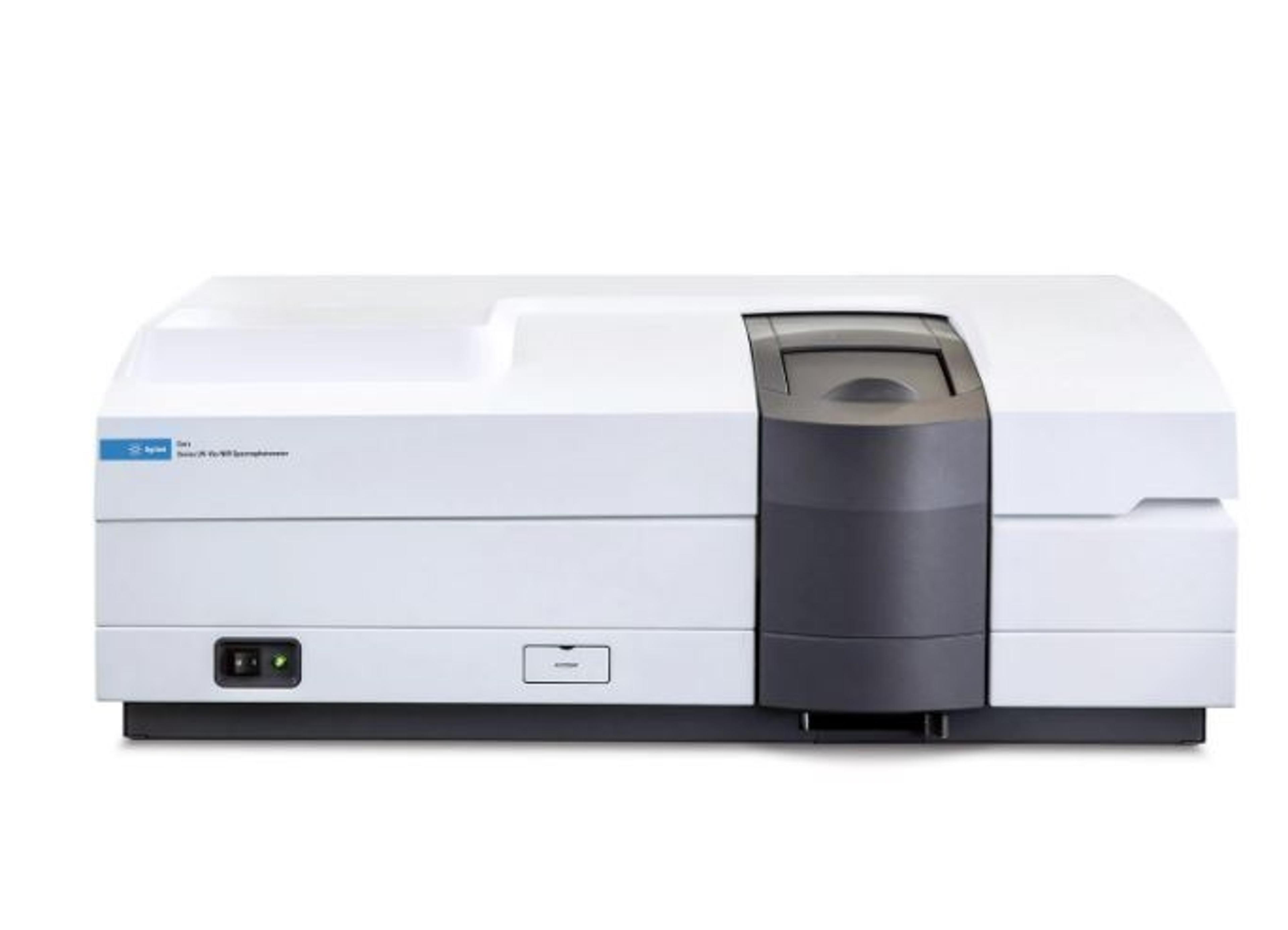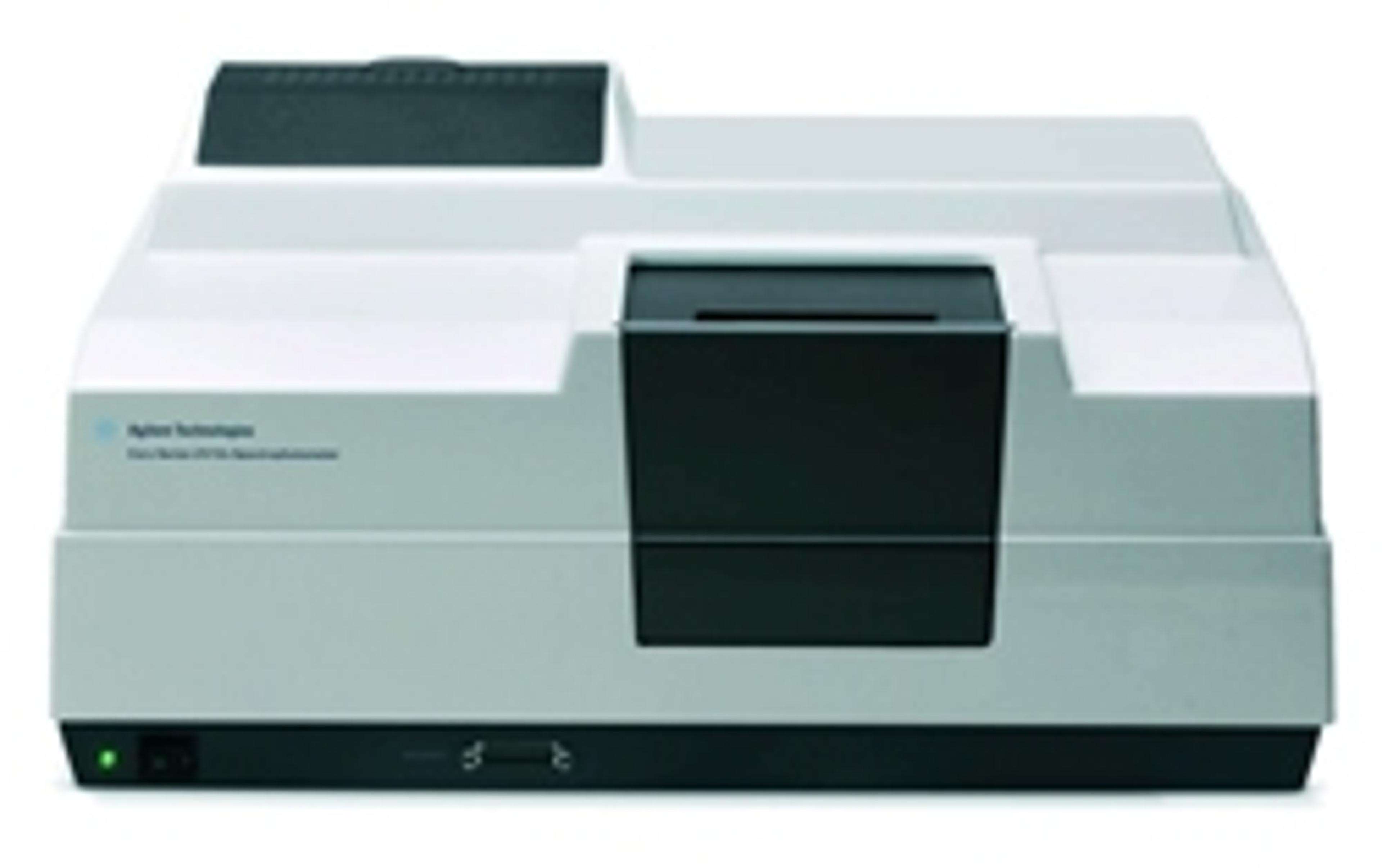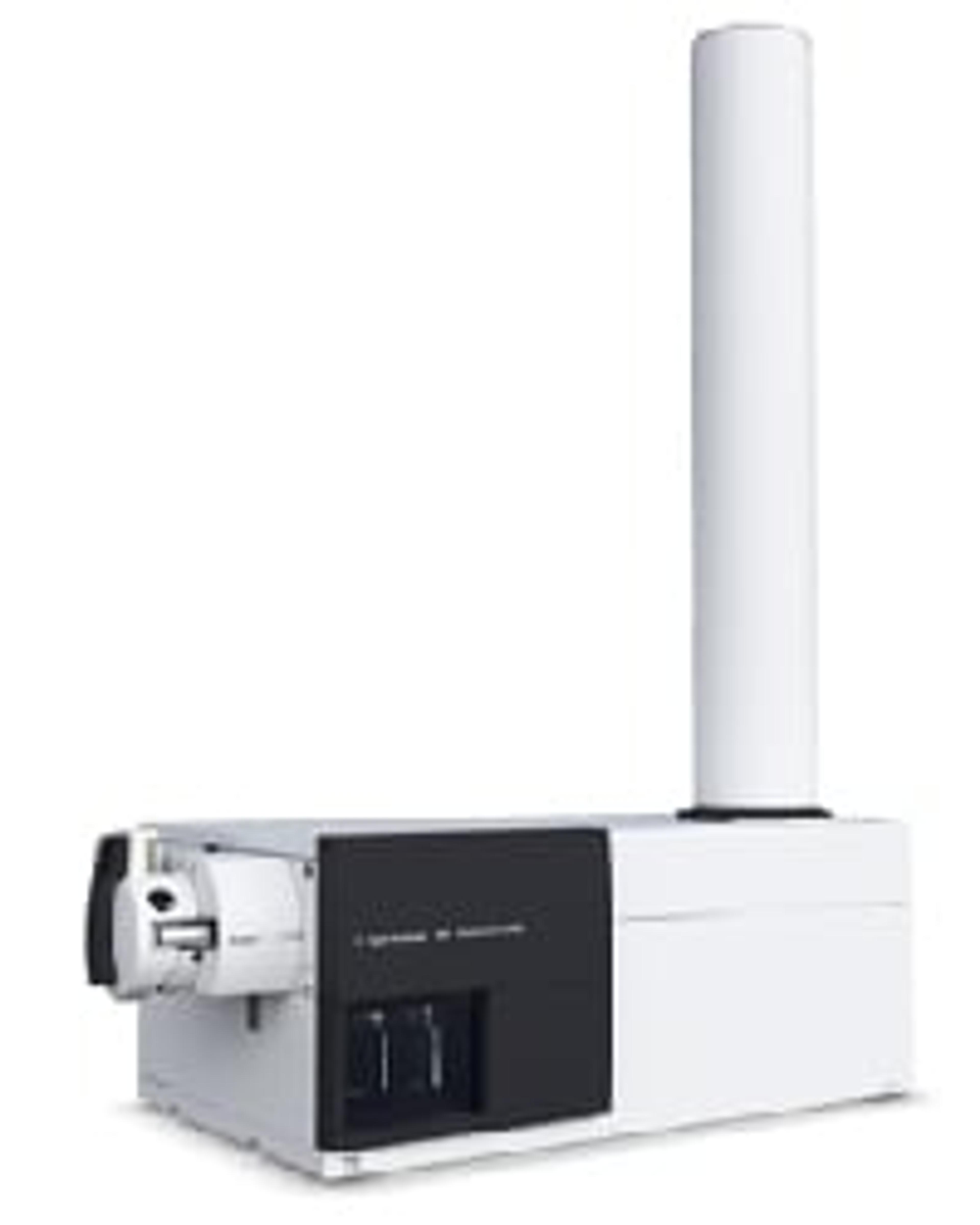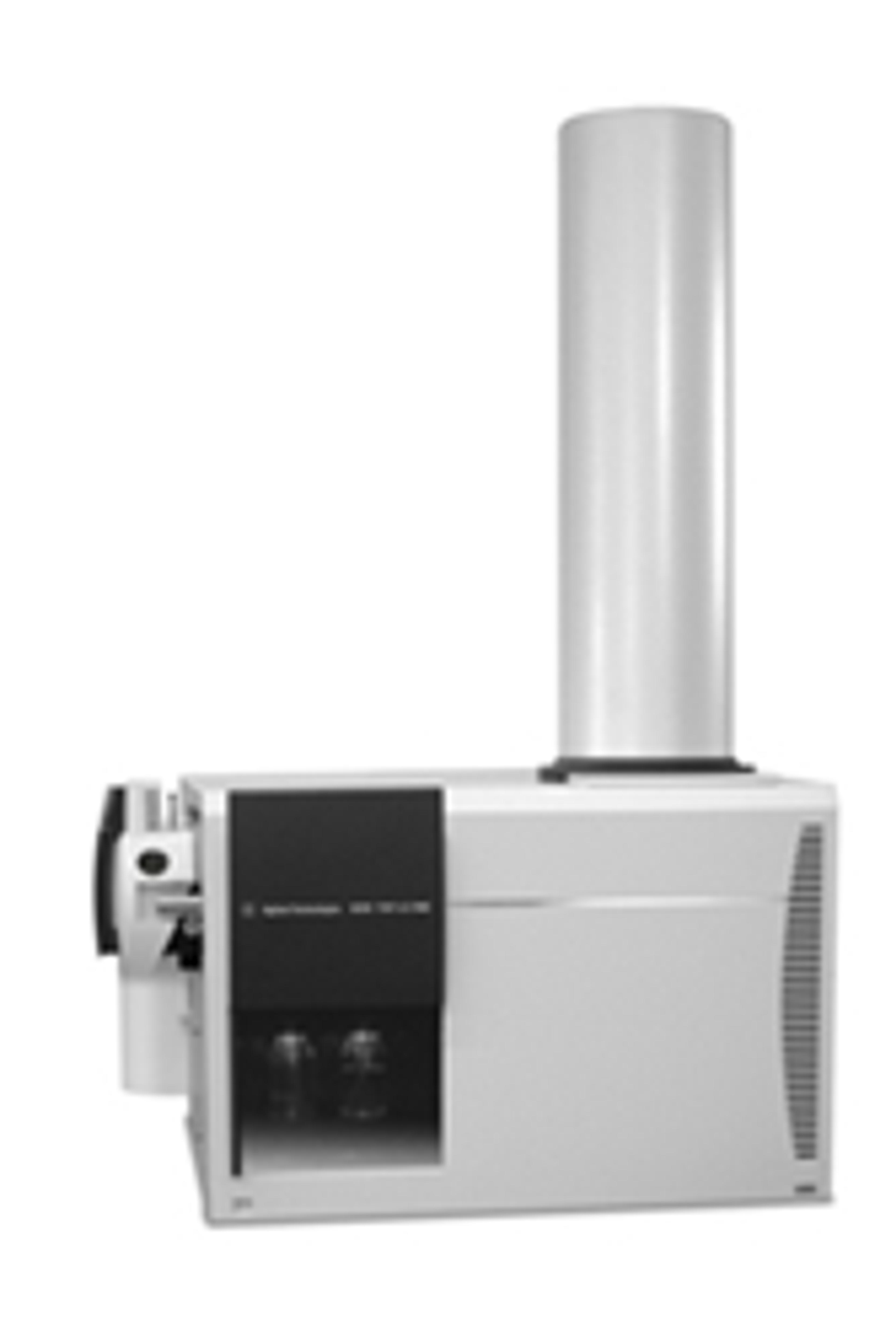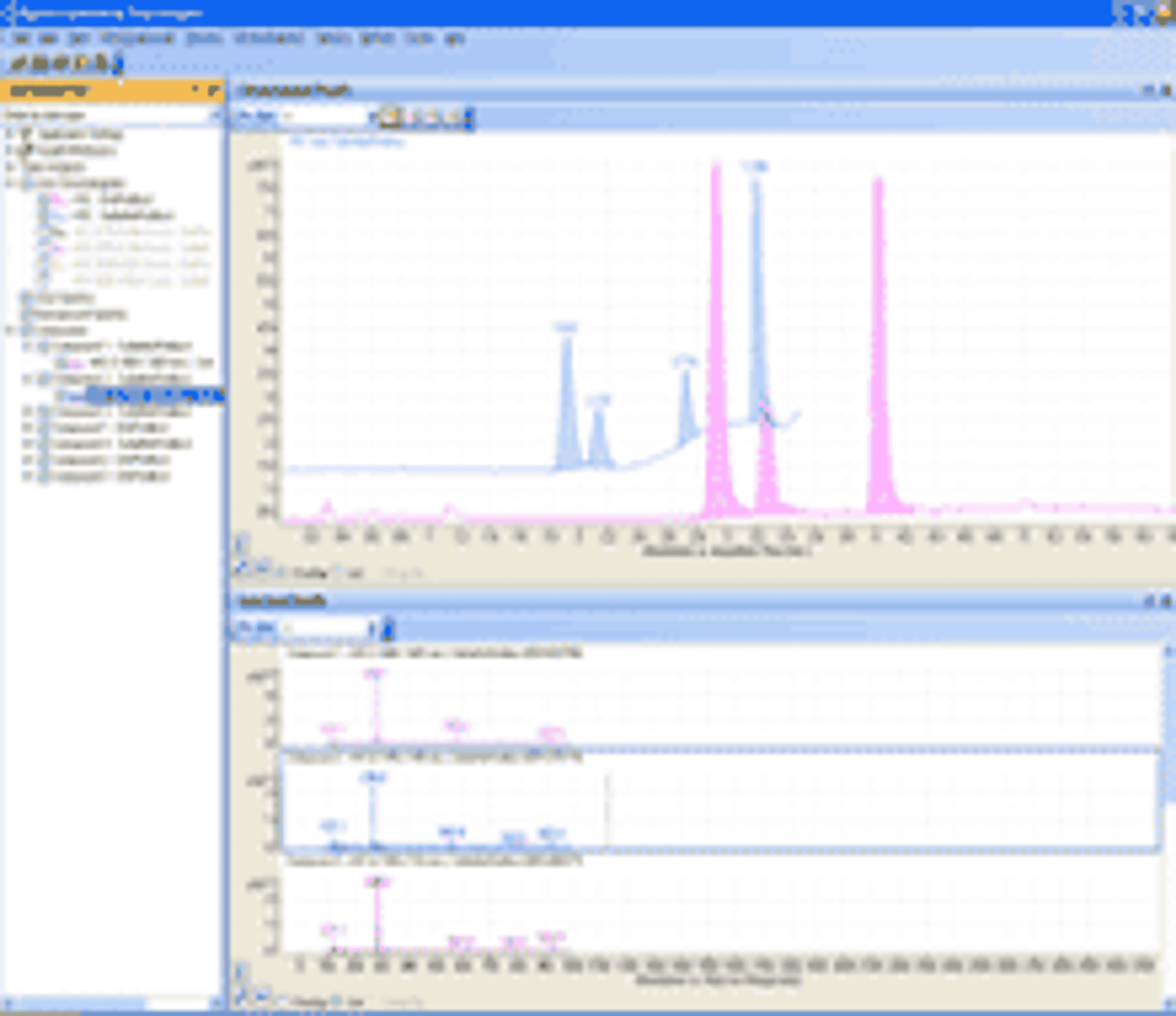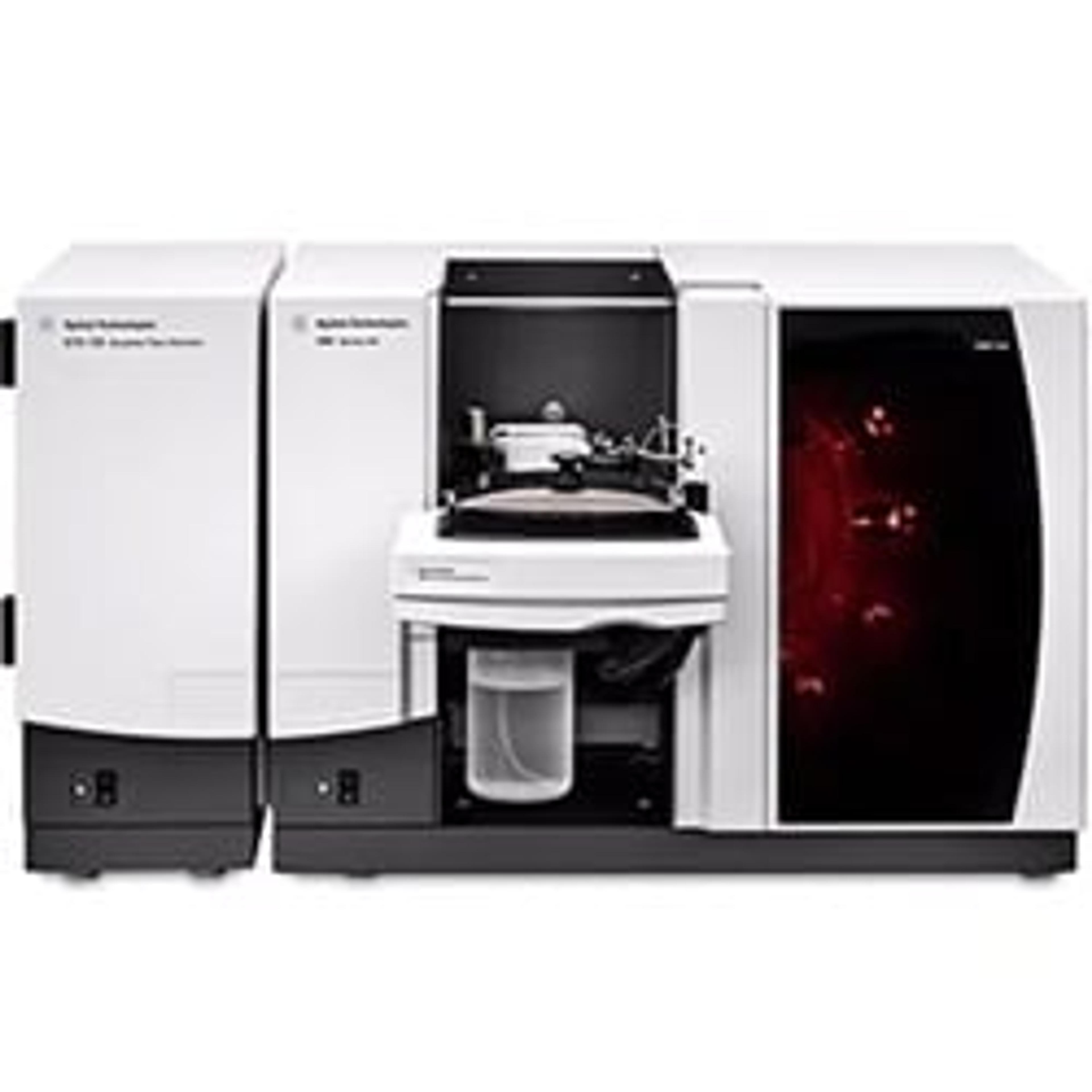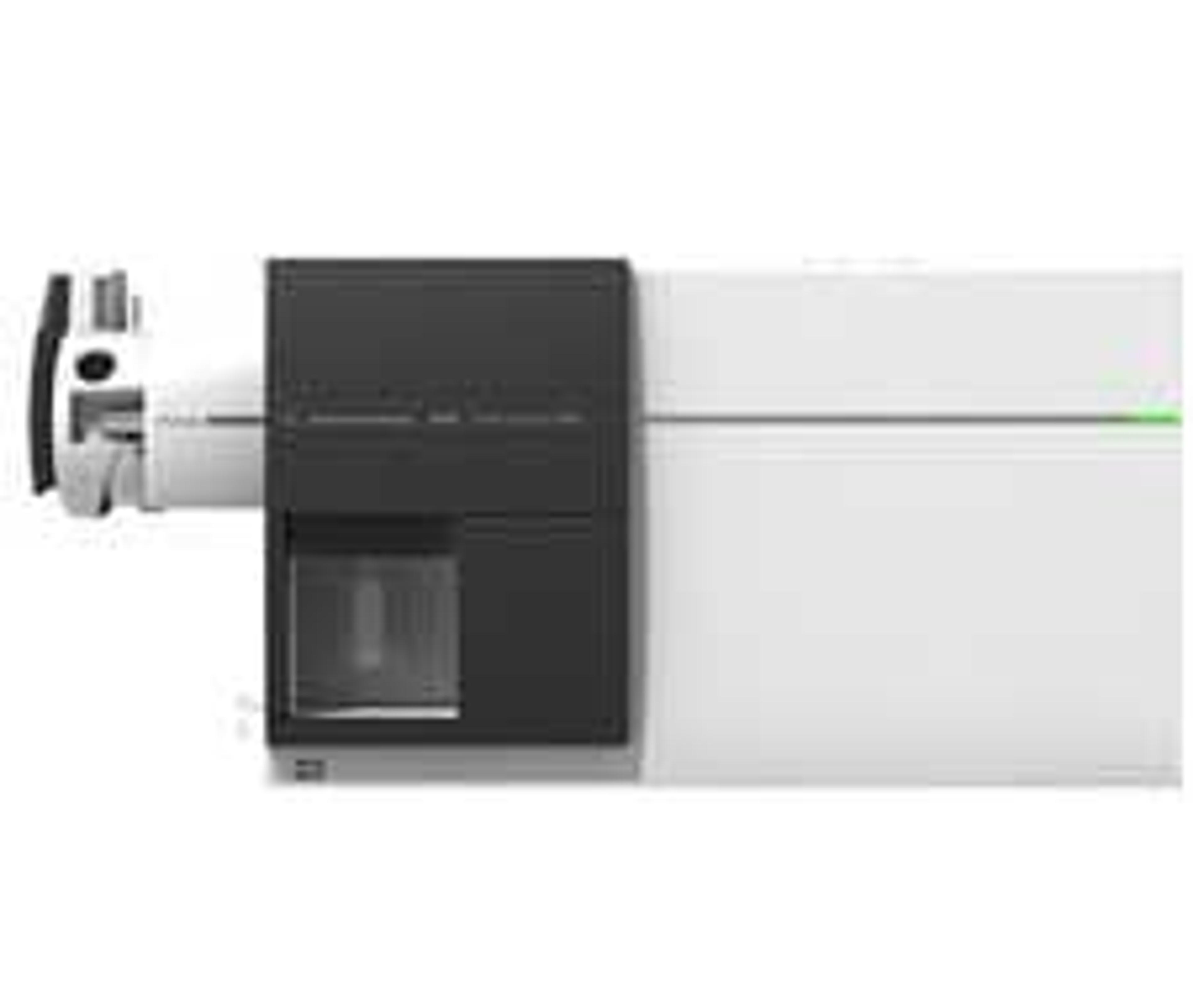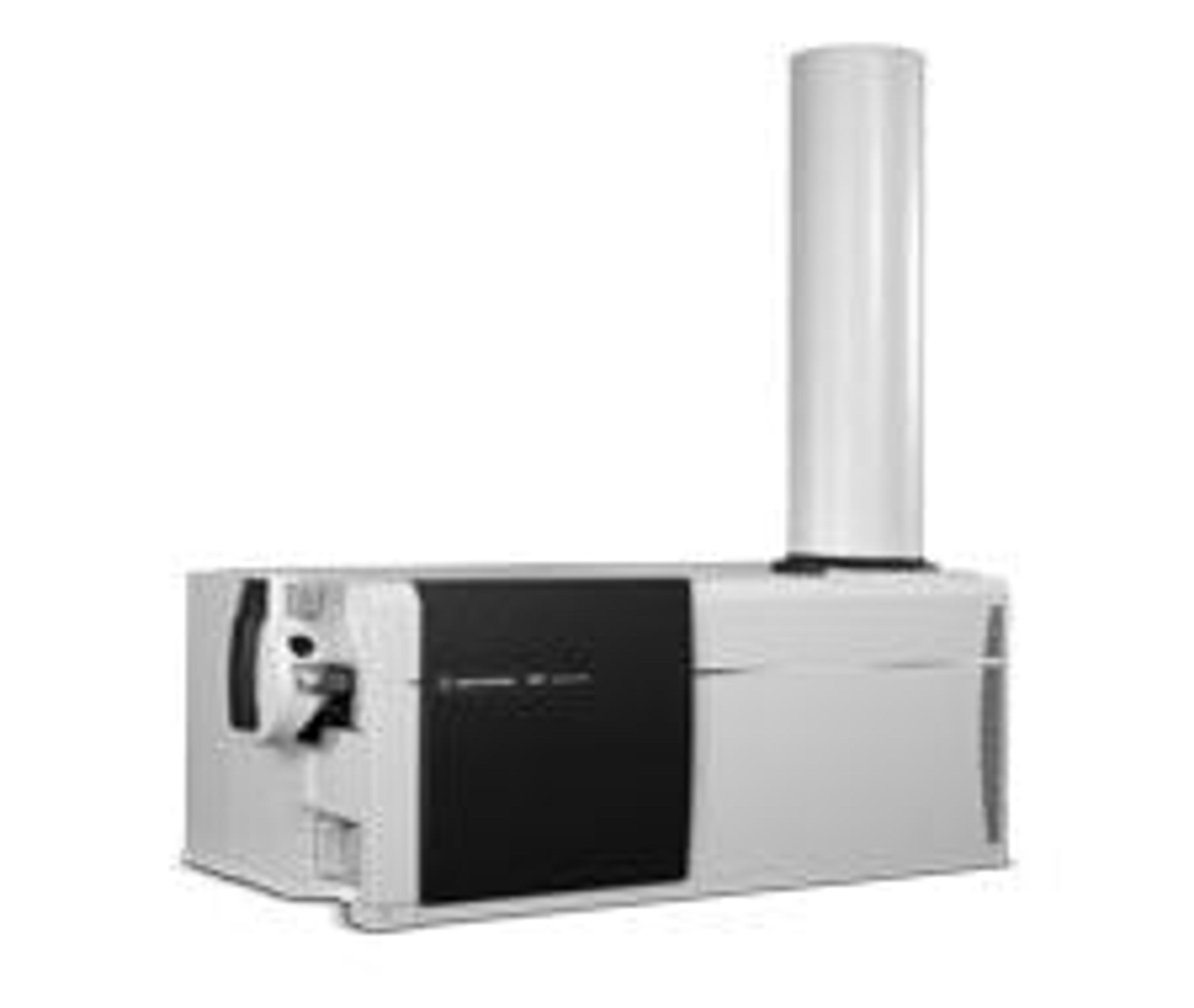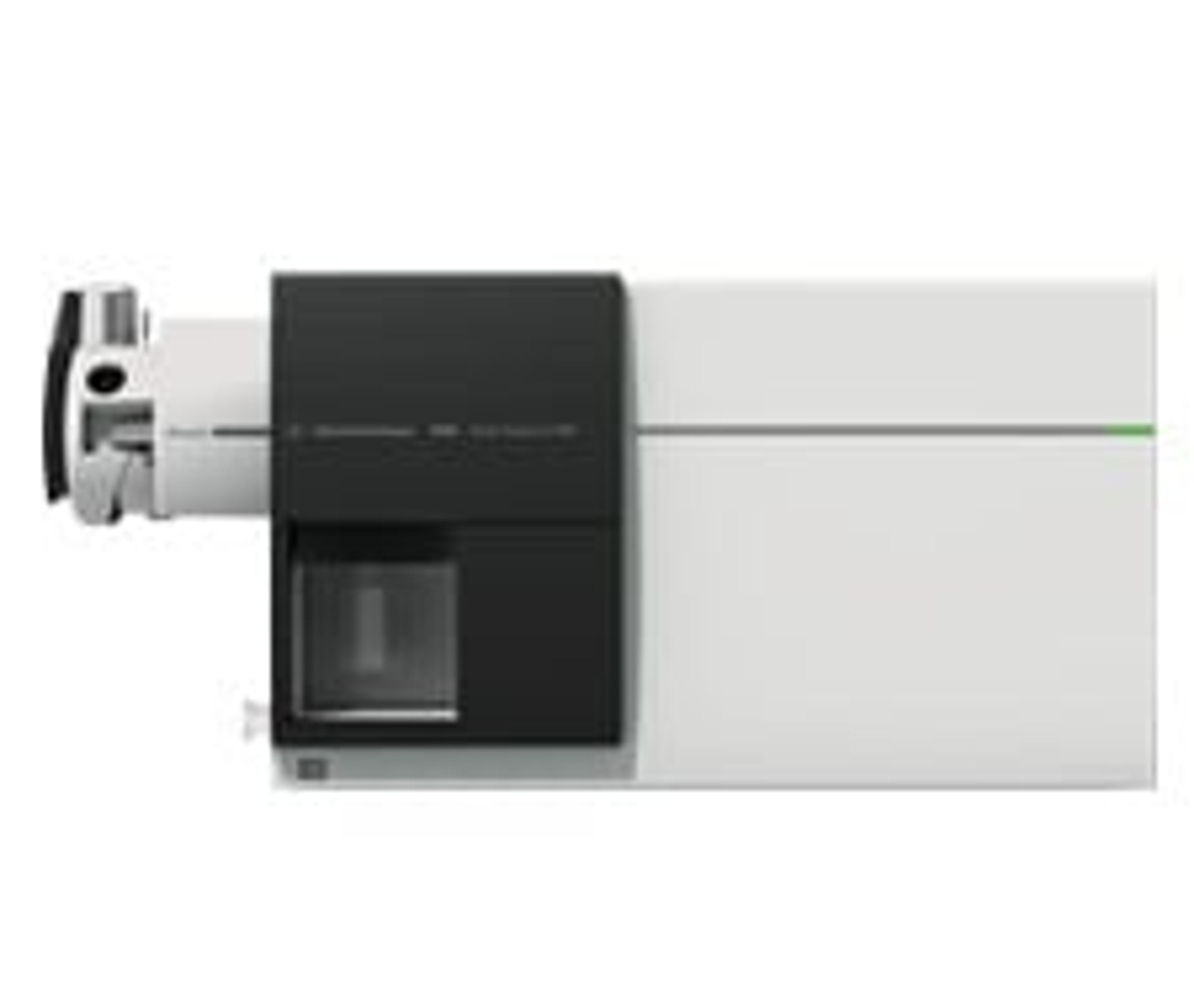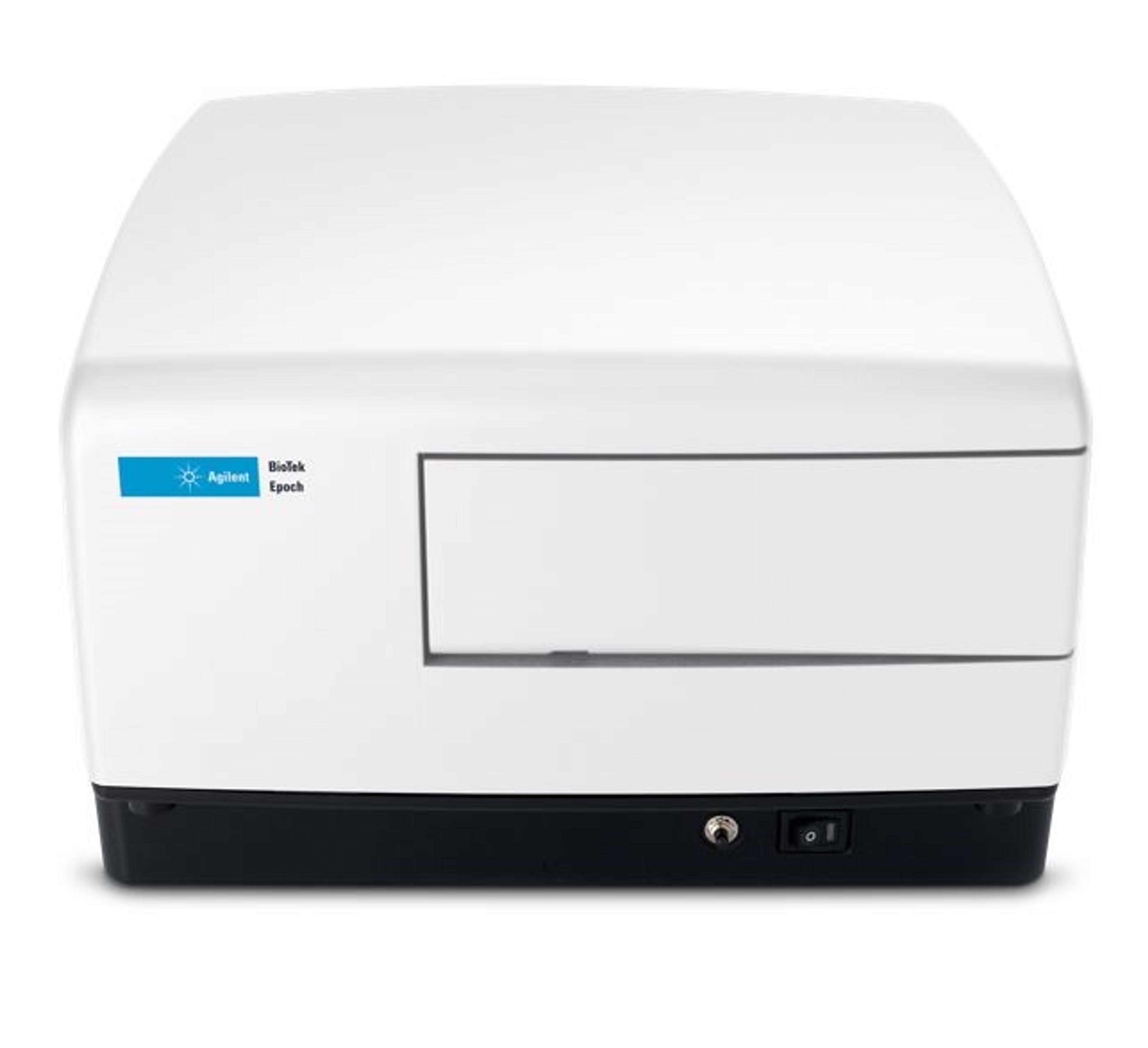Cary 4000 UV-Visible Spectrophotometer
The Cary 4000 is a high-end UV-Vis spectrometer with excellent photometric performance in the 175–900 nm range, making it a powerful reference spectrometer. The system is ideal for analyzing solid samples or biotechnology samples with minimal sample preparation.
Really good equipment
Spectrophotometry
Recall consistent system, not much noise in data. Can trust results taken on this system.
Review Date: 13 Sept 2025 | Agilent Technologies
Great when it works
Uv vis spec
When working this is an excellent instrument, but a minor internal fire has caused significant down time.
Review Date: 2 Dec 2022 | Agilent Technologies
Like this product!
Photometry
This product is very easy to use and handle. Once you buy it there are no more costs.
Review Date: 19 Mar 2021 | Agilent Technologies
Research
This product is very easy to use and handle. Once you buy it there are no more costs and you can use it for example, to control threading intercalation of complexes (anti-cancer drugs) in DNA.
Review Date: 18 Feb 2014 | Agilent Technologies
The Cary 4000 is a high-end UV-Vis spectrometer with excellent photometric performance in the 175–900 nm range, making it a powerful reference spectrometer. The system is ideal for analyzing solid samples or biotechnology samples with minimal sample preparation.
Controlled by the Cary WinUV software, a Windows-based modular software, it can be ordered with specific modules for bio and pharma.The UV-Vis spectrometer has a number of optional accessories for liquid samples, like temperature control and multicell holders.
Cary 4000 UV-Visible Spectrophotometer Features:
- Measure beyond 8.0 absorbance units with reference beam attenuation
- WinUV software—a variety to applications from scanning to kinetics and thermal
- Versatile suite of accessories including temperature control, liquid and solid sample holders, solids autosamplers, multicell holders, and diffuse and specular reflectance accessories
- Variable slit widths (down to 0.01 nm) for optimum control over data resolution
- Large sample compartment with precision LockDown mechanism for quick changes of accessories
- Maximum light throughput using Schwarzchild coupling optics
- Minimal noise and stray light using a floating aluminum casting and double out-of-plane Littrow monochromator
- Extended dynamic range by attenuating the reference beam to be more equivalent to the samples absorbance
- Nitrogen pumping—separate purging in the sample and monochromator compartments

